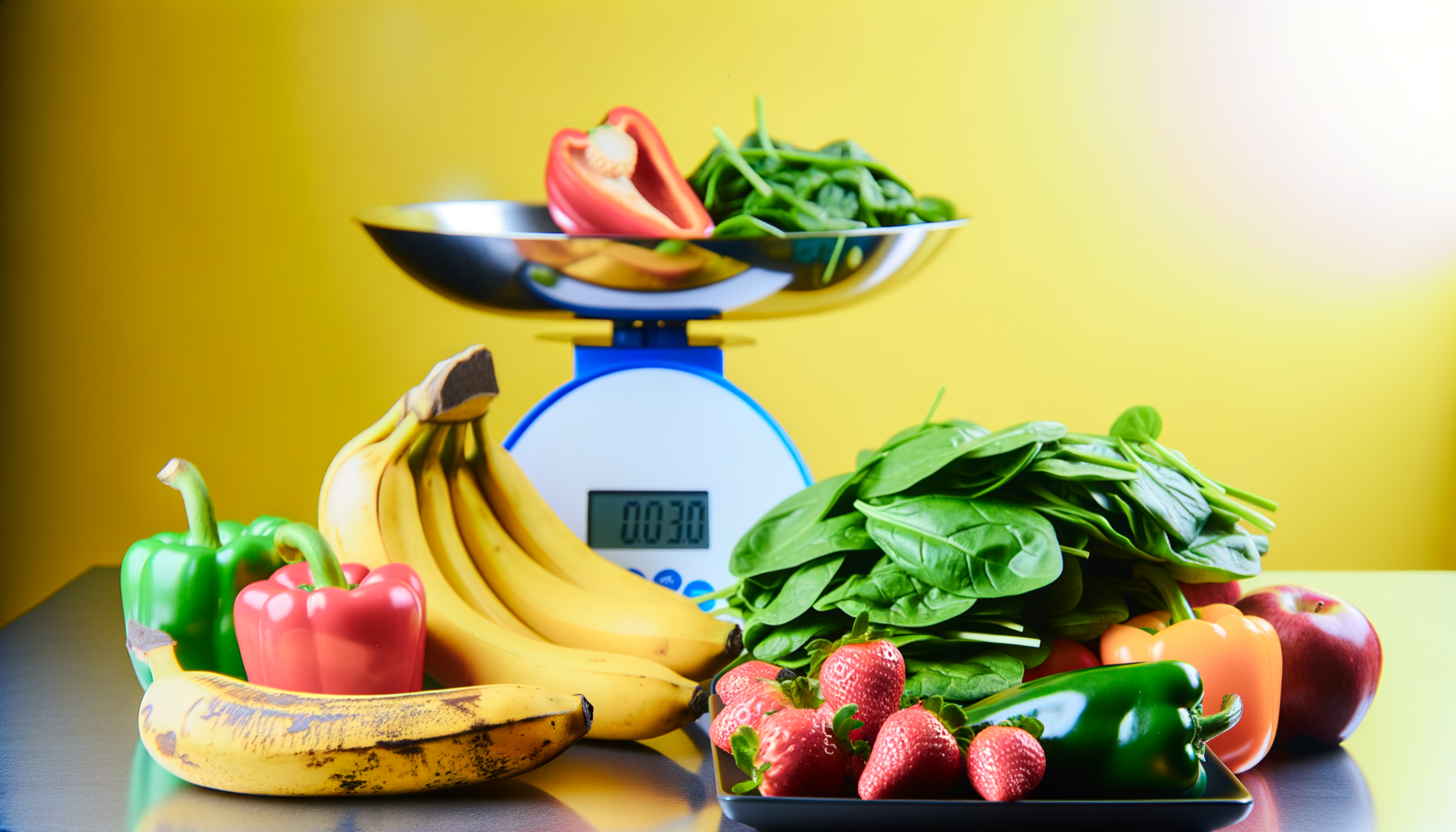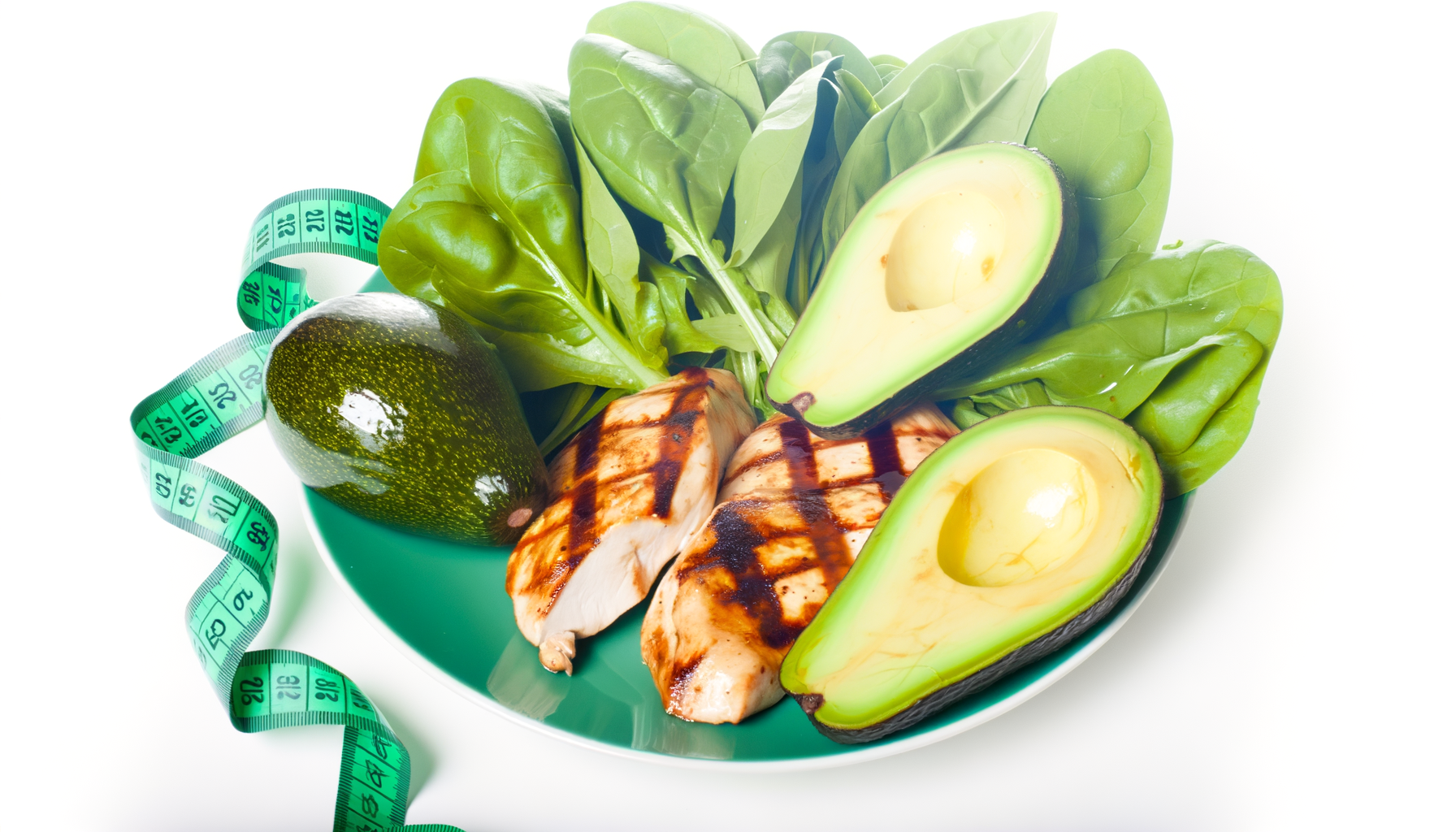Optimizing Endurance Training Nutrition with WP Calorie Calculator Pro
Mastering Endurance Sports Nutrition: A Comprehensive Guide
When it comes to endurance sports, such as marathons, cycling, or swimming, nutrition plays a crucial role in optimizing performance, recovery, and overall health. Here’s how you can use the WP Calorie Calculator Pro to tailor your nutrition strategy and achieve your endurance goals.
Understanding the Nutritional Needs of Endurance Athletes
Endurance athletes require a balanced diet that focuses on several key macronutrients: carbohydrates, proteins, and fats. Here’s a breakdown of each:
Carbohydrates: The Primary Energy Source
Carbohydrates are essential for endurance athletes as they provide the primary source of energy for the muscles. Muscle glycogen, stored in the muscles and liver, is depleted rapidly during intense and prolonged activities. To optimize energy levels, athletes should consume a balanced meal rich in carbohydrates 1-4 hours before their activity. The recommended daily carbohydrate intake is around 5-8 grams per kilogram of body weight.
For example, if you are preparing for a marathon, you might engage in carbohydrate loading strategies, consuming on average 10-12 grams of carbohydrates per kilogram of body weight per day for 36-48 hours before the event. Simple carbohydrates such as rice, potatoes, and fruits are recommended over whole-grain, high-fiber carbohydrates to minimize gastric distress.
Protein: Supporting Muscle Recovery and Growth
Protein is vital for muscle recovery and growth. It helps in the synthesis of lean skeletal tissues and supports other body systems. Endurance athletes should aim for a protein intake of around 1.5 to 1.7 grams per kilogram of body weight per day. This can be evenly distributed throughout the day, with 3-4 portions containing 20-30 grams of protein each.
Using the WP Calorie Calculator Pro, you can accurately track your protein intake and ensure you are meeting your daily requirements. For instance, if you weigh 70 kilograms, your daily protein goal would be around 105-119 grams.
Fats: Supporting Overall Health
While fats are not the primary source of energy during intense exercise, they are crucial for overall health. A well-trained fat metabolism is important in endurance sports, but fat intake should not exceed 30% of your total energy intake. Fats and fibrous foods are best consumed away from training windows to avoid gastrointestinal discomfort.
Hydration and Electrolytes
Proper hydration and electrolyte balance are critical for endurance athletes. During activities lasting longer than an hour, it is essential to refuel with carbohydrates, fluids, and electrolytes every 45 minutes to maintain optimal energy levels and performance. A well-planned hydration strategy practiced during training can make race day much more efficient.
Timing of Meals
The timing of your pre- and post-workout meals can significantly affect your performance. The last main meal should be rich in easily digestible, low-fat carbohydrates and moderate in protein, eaten about 2-3 hours before the workout. Whole grain products, while beneficial for overall health, should be avoided immediately before a workout due to their high fiber content.
Using WP Calorie Calculator Pro for Optimal Nutrition
The WP Calorie Calculator Pro is an invaluable tool for endurance athletes looking to optimize their nutrition. Here’s how you can use it:
Tracking Carbohydrate Intake
Use the WP Calorie Calculator Pro to track your daily carbohydrate intake. For example, if you need to consume 5-8 grams of carbohydrates per kilogram of body weight, the calculator can help you plan your meals accordingly.
Monitoring Protein Consumption
Ensure you are meeting your protein goals by tracking your intake with the WP Calorie Calculator Pro. This tool helps you distribute your protein intake evenly throughout the day.
Managing Fat and Fiber Intake
While fats and fibers are important for overall health, they should be consumed in moderation and at the right times. The WP Calorie Calculator Pro can help you balance your fat and fiber intake to avoid gastrointestinal issues during training.
Hydration and Electrolyte Planning
Although the WP Calorie Calculator Pro primarily focuses on calorie and macronutrient tracking, it can also help you plan your hydration and electrolyte intake by ensuring you are consuming enough fluids and electrolytes-rich foods.
Real-World Examples and Case Studies
Carbohydrate Loading
A marathon runner preparing for a race might use the WP Calorie Calculator Pro to plan their carbohydrate loading strategy. By setting a goal of consuming 10-12 grams of carbohydrates per kilogram of body weight per day for 36-48 hours before the event, the runner can ensure optimal glycogen stores and enhanced performance.
Post-Workout Recovery
After an intense training session, an endurance athlete can use the WP Calorie Calculator Pro to track their post-workout nutrition. Consuming a combination of carbohydrates and proteins within the "open window" after the workout can enhance glycogen replenishment and support muscle recovery.
Common Nutritional Challenges and Solutions
Endurance athletes often face challenges such as eating enough calories to meet training demands, consuming key nutrients, and managing gastrointestinal symptoms. Here are some solutions:
Eating Enough Calories
Use the WP Calorie Calculator Pro to ensure you are meeting your daily calorie needs. For example, if you require 4000 calories per day (2000 calories from your diet plus 2000 calories from energy expenditure during exercise), the calculator can help you plan your meals accordingly.
Consuming Key Nutrients
The WP Calorie Calculator Pro helps you track your intake of key nutrients such as protein, calcium, and iron. This ensures you are well-protected against deficiencies that could impact your performance.
Managing Gastrointestinal Symptoms
By planning your meals with the WP Calorie Calculator Pro, you can avoid consuming high-fiber or high-fat foods immediately before or during training sessions, thereby minimizing gastrointestinal discomfort.
Conclusion and Next Steps
Optimizing your nutrition for endurance sports is a complex but crucial aspect of your training. By using the WP Calorie Calculator Pro, you can accurately track your macronutrient intake, plan your meals, and ensure you are meeting your nutritional needs.
To get started, visit the WP Calorie Calculator website and explore the various plans available, including the WP Calorie Calculator Plans. This tool will be your cornerstone in achieving peak endurance performance and enjoying your training sessions to the fullest.
Remember, consistency in following an optimized nutrition plan is key to achieving your endurance goals. Stay proactive, stay hydrated, and watch your performance soar. For more detailed insights and personalized guidance, consider reaching out to fitness experts or checking out other resources on the WP Calorie Calculator blog.











